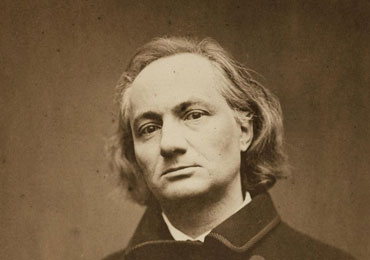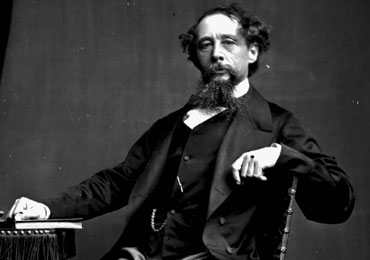Socrates (Biography, Philosophy, Facts, & Mind Maps)
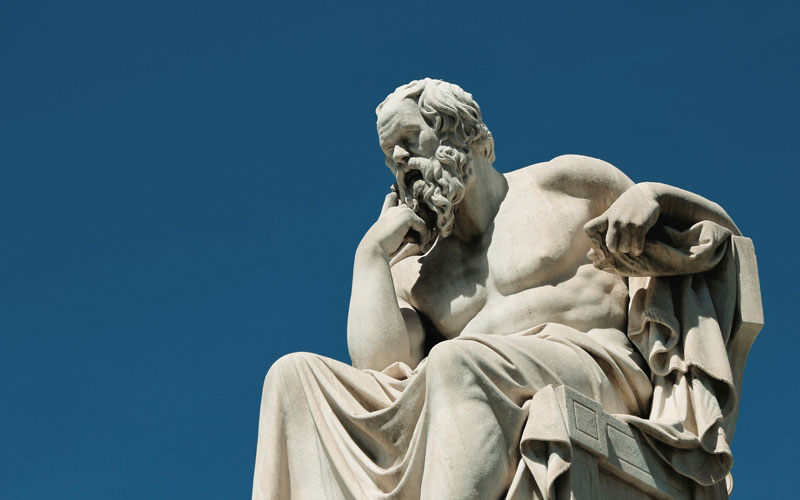
Socrates of Athens, brought into the world in 399 and died in 470 BCE, is one of the most well-known figures in world history for his commitments to the improvement of old Greek philosophy, which gave the establishment to all of Western Philosophy. He is, indeed, known as the "Father of Western Philosophy" therefore. He was initially a stone carver who likewise had various occupations, including fighter before the Oracle told him at Delphi that he was the shrewdest man on the planet. With an end goal to refute the oracle, he set out on another vocation of scrutinizing the individuals who were supposed to be shrewd and, in doing as such, demonstrated the oracle right: Socrates was the smartest man on the planet since he didn't profess to have the knowledge of something significant.
His most well-known understudy was Plato that lived through 428/427-348/347 BCE and the one who might respect his name through the foundation of a school in Athens that was one of the most famous schools of the Plato's Academy and, all the more in this way, through the philosophical exchanges he composed including Socrates as the focal character. Regardless of whether Plato's exchanges precisely address Socrates' lessons keeps on being discussed; however, a conclusive answer is probably not going to be reached.
Socrates' accuracy has never been tested; however, what absolutely he instructed is just about as subtle as the philosophical fundamentals of Pythagoras or the later lessons of Jesus in that none of these figures composed anything themselves. Despite the fact that Socrates is by and large viewed as starting the control of philosophy in the West, the greater part of what we are aware of him comes from Plato. There have likewise been endeavors made to recreate his insightful vision dependent on the numerous different schools, other than Plato's, which his understudies established; however, these are too changed to even think about characterizing the first lessons which motivated them.
Early Life of Socrates and His Career
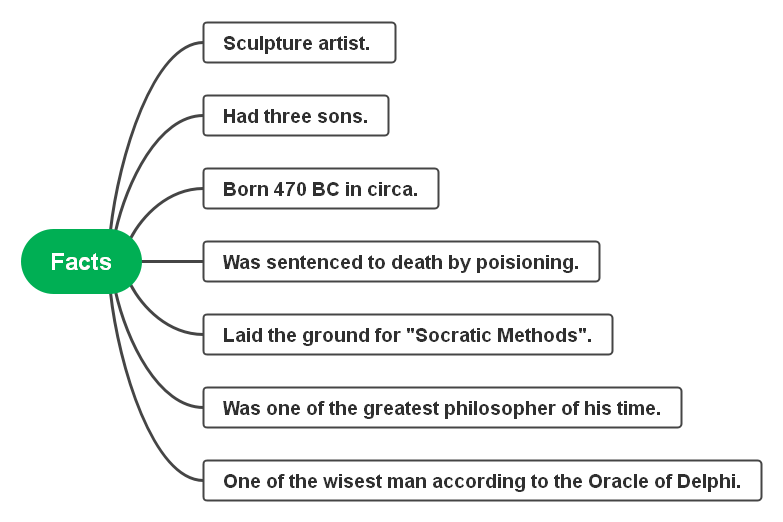
Socrates was born in circa 470 BCE to the stoneworker and the most famous sculptor of his time, named Sophronicus and the mid-spouse Phaenarete. He examined music, acrobatic, and language in his childhood (the normal subjects and the most common to study and choose when it comes to a youthful Greek), and later on, Socrates profoundly followed through his dad's teaching and calling as an artist. Old traditions and customs believe that Socrates was one of the most extraordinary craftsmen. Grace named sculptures that showed his fine skills and headed straight toward the Acropolis, which was famous and appreciated into the second century. Socrates presented with unique excellence in the military and, at the Potidaea battle, achieved higher praises when he saved the existence of the war General Alcibiades.
He married a high society person named Xanthippe, a high society woman who was around fifty. Socrates had three children with Xanthippe. As indicated by contemporary scholars like Xenophon, these young men, the sons of Socrates, were staggeringly dull and in no way like their dad. Socrates appears to have carried on with a genuinely ordinary, dull, and boring life, but only then he was tested to reevaluate his skills and intelligence by none other than the Oracle at Delphi himself, which asserted he was extraordinary.
The Oracle and Socrates
At the point when he was moderately aged, Socrates' companion Chaerephon inquired as to whether there was anybody more astute than Socrates, to that the Oracle calmly replied that, "None." Astonished on how he answered and expecting to refute the Oracle, Socrates approached addressing individuals who known as to be the most "intelligent' and 'shrewd' in their personal opinion, assessment and that with the comparison of others. He found out the results which sadly said, "that the men who are proudly standing for intelligence stood most noteworthy were almost the most ailing with it, while other people who were peered lowly as an ordinary citizen were substantially smarter".
The young people of Athens had a great time looking at all the Socrates when they are questioning and asking all the older folks on the lookout, and, sooner than later, he had an after of young fellows who, in light of his model and his lessons, would proceed to desert their initial yearnings and commit themselves to philosophy. Among these were Antisthenes of Athens, the organizer of the Cynic school, Aristippus of Cyrene through the hour of 435 to the year of 356 BCE, author of the school of Cyrenaic), Xenophon, whose works would impact Citium of Zeno, through the time of 336 to the year of 265 BCE, he is the originator of the school of stoic, and, most broadly, Plato (the fundamental wellspring of our data of Socrates in his Dialogs) among numerous others. Each central philosophical school referenced by antiquated essayists following Socrates' passing was established by one of his devotees.
Socratic Schools
The variety of these schools is a declaration of Socrates' broad running impact and, all the more critically, the combination of his lessons' translations. The philosophical ideas instructed by Antisthenes and Aristippus couldn't be more extraordinary in that the previous encouraged that easy street was just acknowledged without help from anyone else control and refusal their self. At the same time, the last guaranteed existence of joy was the solitary way worth seeking after.
It has well-known by many people that Socrates' most noteworthy commitment to philosophy was to change the entirety of scholarly pursuits from the emphasis on 'actual science' and into the theoretical domain of morals and profound quality. Regardless of the variety of the schools which professed to carry on his lessons, they all underscored some type of ethical quality as their primary fundamental. That another frequently denounced the 'profound quality' upheld by one school again gives testimony regarding the altogether different translations of Socrates' focal message.
While researchers have customarily depended upon Plato's Dialogs as a wellspring of data on the recorded Socrates, Plato's counterparts asserted he utilized as one of the most well-known characters that he later named 'Socrates' as a mouth that has the leading capabilities for his philosophical perspectives. Remarkable among these pundits were, supposedly, Phaedo, an individual understudy of Plato's name is well known for compelling discoursed (and whose compositions are currently lost.
Socrates and His Vision
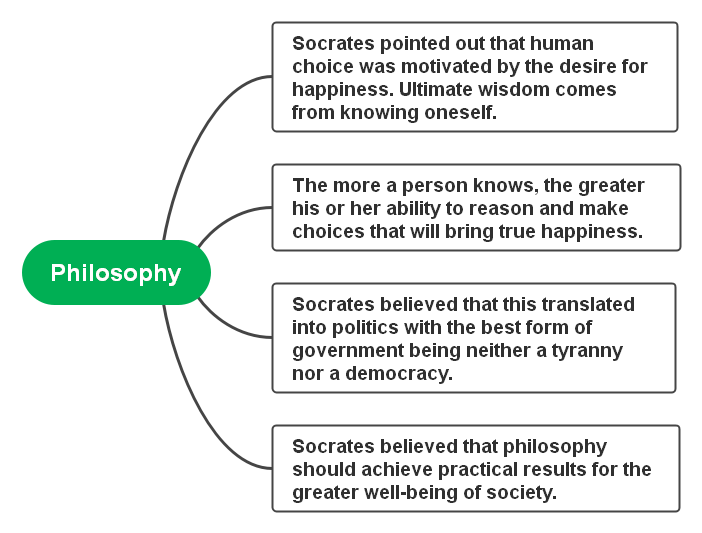
Anyway, he deciphered his lessons; it appears to be evident that Socrates' primary spotlight was on the most proficient method to carry on with a decent and high-minded life. The case attributed to him by Plato that "an unexamined everyday routine does not merit experiencing. It appears to be generally exact in that it is clear he roused his adherents to think for themselves instead of following the directs of society and the acknowledged notions concerning the divine beings and how one ought to carry on.
While there are contrasts among Plato's and Xenophon's portrayals of Socrates, both present a man who really focused nothing on class differentiation or 'appropriate conduct' and talked as effectively with ladies, workers, and slaves similarly as with those of the greater classes.
In antiquated Athens, singular conduct was kept up by an idea known as 'Eusebia', which is frequently converted into English as 'devotion' yet more intently looks like 'obligation' or 'dedication to a course'. In declining to adjust to the social proprieties prohibited by Eusebia, Socrates infuriated a significant number of the more significant men of the city who could, appropriately, blame him for overstepping the law by disregarding these traditions.
Conviction and Aftermath of Socrates
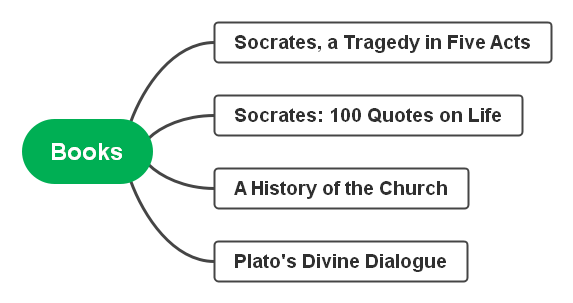
Socrates was indicted and condemned to death (Xenophon discloses to us that he wanted for such a result). Plato's record of the preliminary in his Apology would appear to affirm this. Socrates' impact was felt quickly in the activities of his supporters as they shaped their own translations of his life, lessons, and passing, and set about framing their own philosophical schools and expounding on their encounters with their educator. Of every one of these compositions, we have just crafted by Plato, Xenophon, a comic picture by Aristophanes, and later works by Aristotle to disclose to us anything about Socrates' life. He, himself, composed nothing. However, his words and activities in the quest for and guard of Truth changed the world, and his model actually rouses individuals today.



